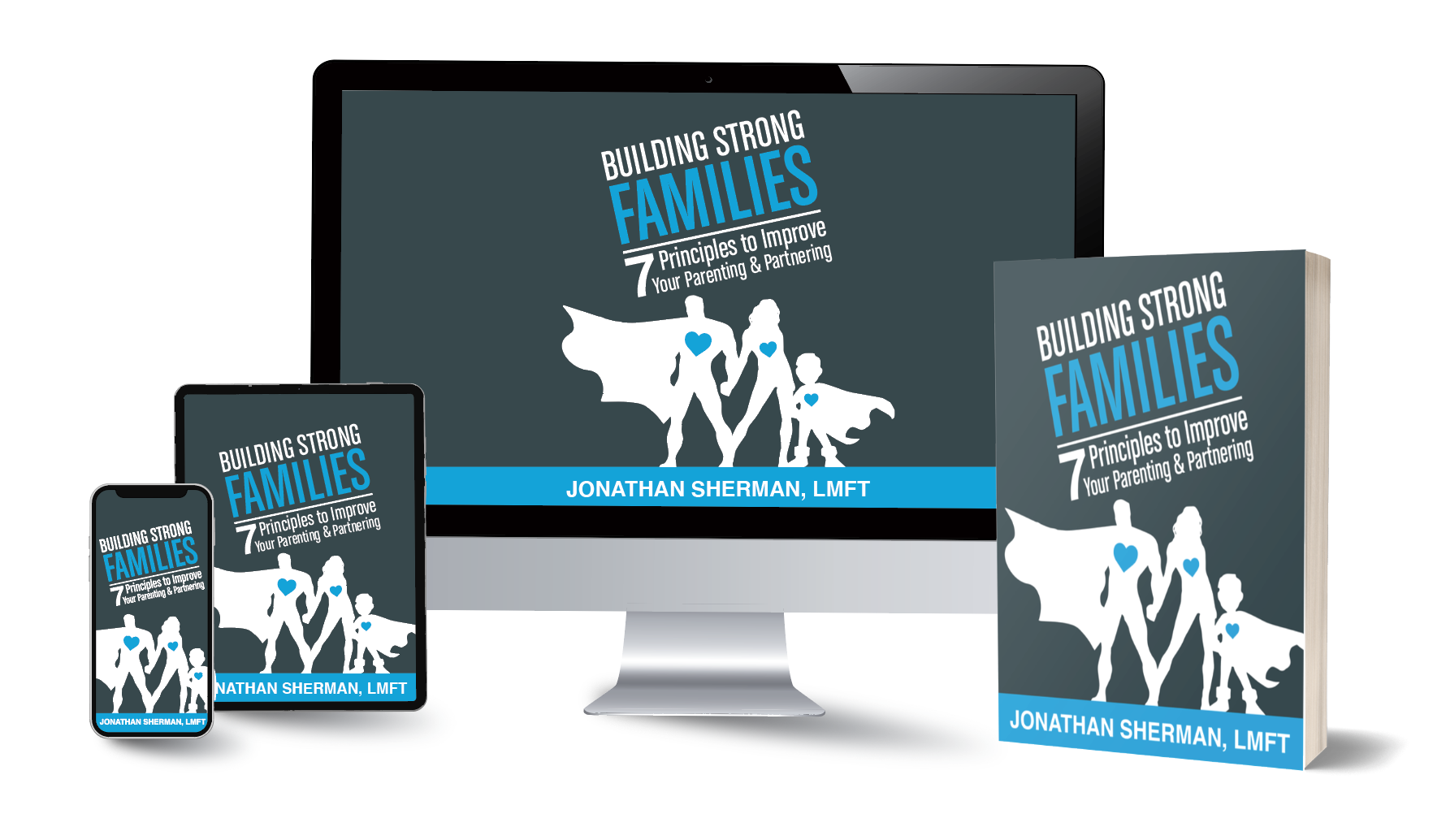Count the Cost, Part 1
/I had an interesting discussion with a good friend the other night. His short temper was taking its toll on him, his wife and children. He had decided he was going to go see a therapist to help him learn to manage his stress and anger more constructively.
We got talking about the cost of therapy. He stated that if it was not for the low co-pay he would not go because of the perceived out-of-pocket expense. In mock surprise I replied, “Really? That’s interesting. For the sake of saving a few bucks you would be willing to keep the status quo with your anger and its impact on your relationships with your wife and kids? Hmmm. Boy, that sure is a nice new truck you have. Great four-wheelers, too. Lots of cool video games. Nice golf clubs. You didn’t have much trouble finding the money to pay for them. Hmm. Very interesting priorities. Let’s see…lasting happiness or save a few bucks?”
Taken aback a bit, he replied, “Oh, man! Good point! Hmm. Funny, that’s how people look at it though, isn’t it? I love my family, you know I do, but I’d be willing to ‘cheap-out’ on a service that could really help my family and me in some really significant and lasting ways. And yet I pay top dollar without blinking an eye for a new toy that depreciates in value every day I own it. Man, what’s up with that?”
We talked about “what’s up with that.” In our relationships we often do not objectively count the cost and thus end up paying through the nose in the long run. What do I mean? Consider these very real numbers:
- The average wedding in the U.S. costs $20,000.
- The average divorce in America costs $48,000. It breaks down as follows. The cost to the couple averages $18,000 (this includes lost work productivity, relocation costs, legal fees, etc.). The cost to state and federal governments averages $30,000 in direct and indirect costs (such as child support enforcement, Medicaid costs, food stamps, housing assistance, and Temporary Assistance to Needy Families (TANF) funds, to name a few). Annual taxpayer cost per household is $312.
- Fifty percent of first marriages and 65 percent of second marriages get divorced.
- It is estimated that two-thirds of all divorces could be prevented with education and intervention.
All this being true, why then don’t we take advantage of that last very hopeful statistic? Partly because of misperceptions, misinformation and stigma around getting therapy and partly because of a misunderstanding of the supposed expense of therapy.
Let’s look at that expense and compare the cost. If you were to pay for therapy just out of pocket without insurance you could expect to pay anywhere from $40-$120 per session. That seems like a lot until you consider that people will gladly pay anywhere from $40-$120 at a time for massages, spa treatments, hobbies, sports, activities, dining out and so forth.
Now I have no problem with how people choose to spend their money. The problem I have is when people say they want a great marriage, strong family, and close relationships with their children and then don’t put their time or money where their mouth is to actually learn how to do it. Too much talk. Blah, blah, blah. Too little action.
What if we took just a fraction of the money we put into our weddings and our divorces and invested that into learning the skills, mindsets and tools that create and sustain a great marriage? What if we spent $500 on learning these skills through books, workshops, classes, retreats and counselors? Or $1,000? Or $2,000? Or $5,000? The truth is that we do not need to spend thousands to learn these skills. However, even if we did, the cost to benefit ratio would not even begin to touch the cost of not doing so. Bear in mind we have only been discussing the financial costs of divorce. There are also emotional, mental, physical and relationship costs. What price do we put on these?
Some people actually think these types of great relationships should just happen simply because we want them to. Then when they don’t we blame our spouse, our kids, society or something for it not working. Rarely do we stop to consider that great relationships don’t just happen. Great relationships are created. And once they are created they must be maintained and improved upon regularly and consistently.
One of the best “education and intervention” places to begin with is pre-marital counseling or workshops. For example, the tagline, and focus, for my premarital workshops is “prepare for your marriage, not just your wedding.” Developing a prevention and maintenance mindset early on is a great way to start a marriage and a great way to avoid an unnecessary divorce. My next premarital workshop will be help in late March or early April. Contact me for more information or to register.
What is the marriage you want to have with your spouse worth? What is it worth to your children to witness such a marriage? Count the cost and act accordingly.
Note: Source for cost of divorce stats: "The Costly Consequences of Divorce in Utah: The Impact on Couples, Communities, and Government" (2003) research conducted at Utah State University by David Schramm, Ph.D.
















































